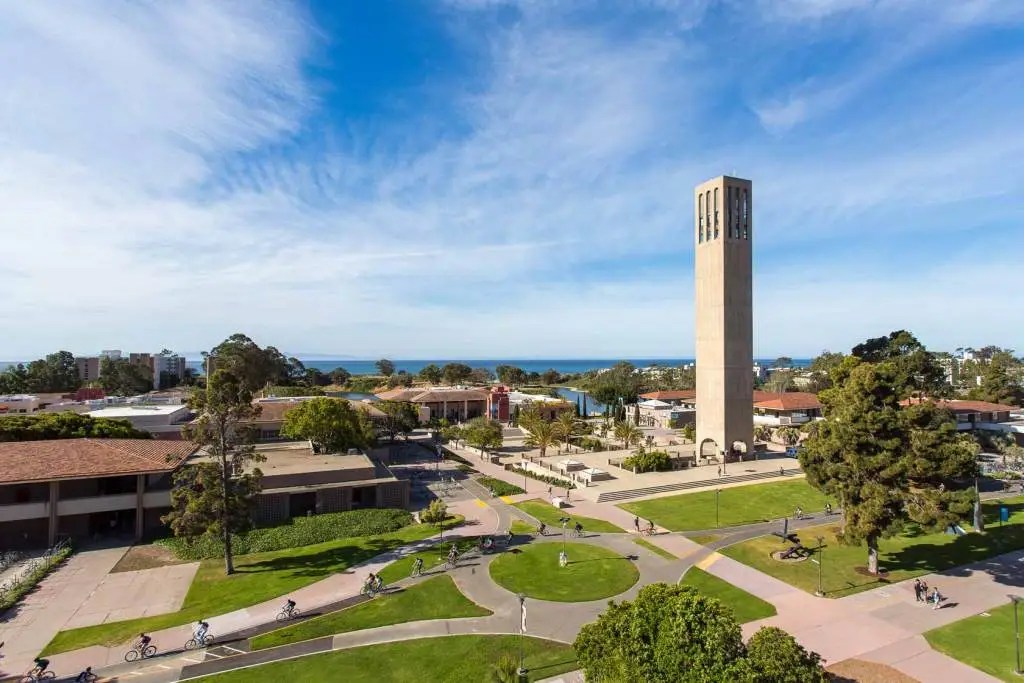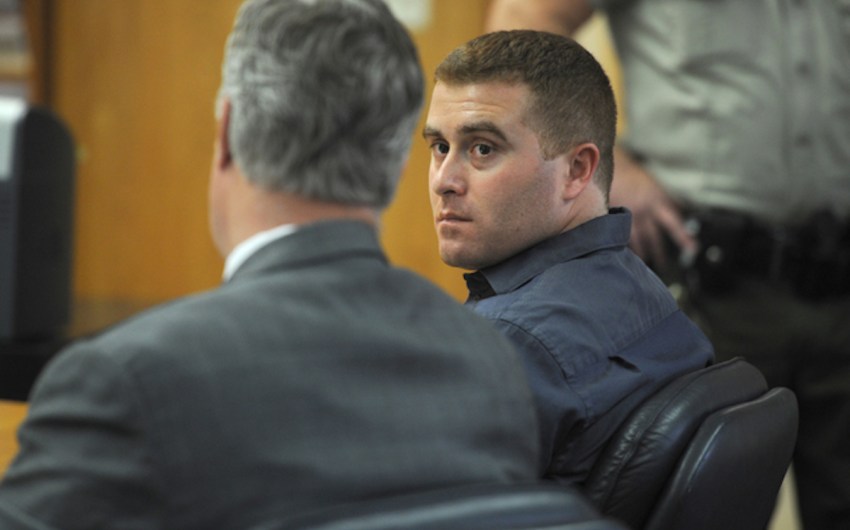UCSB to Spend $3.7 Million on Isla Vista Improvements
County Forced Campus to Pay for Housing Inspections, Parks, Lighting, and Public Toilets

Almost from the day UCSB first opened shop in Isla Vista nearly 70 years ago, critics have complained that tenants there have become the proverbial fish in a barrel, forever at the mercy of their landlords. This Tuesday, the county supervisors learned that UCSB will be spending $1.2 million of a $ 3.7 million settlement to help equalize the imbalance of power between landlords and tenants by, in effect, arming the fish.
As part of that legal settlement with the county, the UC Regents have agreed to spend $600,000, launching Santa Barbara County’s first-ever proactive apartment inspection program. This will cover the costs of inspecting every rental unit within Isla Vista’s footprint, according to Supervisor Laura Capps.
Capps — whose district includes Isla Vista — said the program will help “empower students” to correct perpetual hot button issues such as black mold and rickety backyard fencing along the cliffs overlooking the ocean.
Only Supervisor Bob Nelson expressed misgivings, predicting it could generate unexpected “heartburn.” While such programs “sound good,” he said, they’re notoriously difficult to run and often lead to expensive complications. Mandatory inspection programs have long been a fiercely fought battle between landlords and tenants’ rights advocates, and to date, no municipal government within county boundaries has sought to impose one.
This settlement is the result of an out-of-court deal between the supervisors and UCSB administrators in order to settle a broader lawsuit filed by the county two years ago. In that legal action, the supervisors charged that campus administrators and the UC Regents failed to produce the number of housing units — roughly 5,000 by the year 2025 — that Chancellor Henry Yang legally promised to build 14 years ago. That failure, the lawsuit alleged, helped fuel an excruciating rise in regional rents. Before the meeting, Capps showed great exasperation with Isla Vista landlords, whom she accused of stuffing three students into one-room units and charging each student $2,000 a month.”
In addition, the regents agreed to spend $500,000 to build a new public restroom — with $75,000 a year set aside for annual maintenance costs and $10,000 for a temporary MarBorg unit while construction takes place. One third of all fatalities from students falling off Isla Vista’s cliffs, Capps said, happened because the victims got too close to the edge “in order to pee.”
Another $428,000 will be spent improving the infrastructure of Isla Vista parks, providing lights for nighttime events. Or as one member of the Isla Vista Parks and Recreation District put it, “creating a place to call their backyard” for Isla Vista’s residents. Another $1.38 million will be set aside to leverage eight times that amount in matching grants for sidewalk improvements, bike lanes, cross walks, and street lights.
Getting a lot of discussion Tuesday was a parking study that showed Isla Vista’s streets have become de facto parking lots because there’s no parking enforcement at all. Jonathan Abboud, executive director of Isla Vista’s Community Services District, took pains to praise the county for reaching out to stakeholders like the service district when formulating how to slice up the money coming out of the campus coffers.
Supervisors Joan Hartmann — who, until the most recent redistricting two years ago, represented Isla Vista — and Das Williams — who famously grew up on the mean streets of IV — both spoke about the need to get overparked cars off Isla Vista’s over-saturated streets.
While no one from UCSB was on hand to speak, Capps described the negotiations with campus administrators as “tough but cordial.” If the district does not meet its deadlines to initiate construction for the new housing units called for, she said, it would be on the hook for millions of dollars in fines. If construction for the 3,500 units of new student housing hasn’t started by December 2026, she said, the campus would be on the hook for $1 million. If the campus was 6-0 days late, the fine would be $2 million she said. If it was 90 days, she added, it would be $3 million.
It’s important to note that UCSB — even as it settled with the supervisors for $3.7 million — insists it never violated the terms of the Long Range Development Plan and admitted to no wrongdoing. Summing it up this Tuesday, Capps concluded, “It was a good day for IV, but a really good day for the County of Santa Barbara.”










